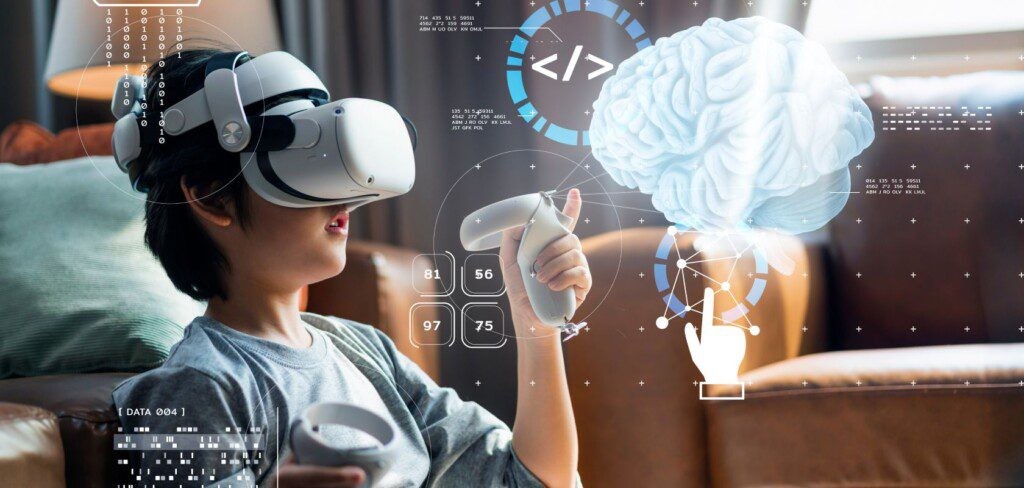In recent years, virtual reality (VR) has emerged as a groundbreaking tool in various fields, revolutionizing how we perceive and interact with our surroundings. One area where VR is making significant strides is in therapy. VR therapy offers a novel approach to mental health treatment, providing immersive experiences that can alleviate symptoms of anxiety, depression, PTSD, and more. With its ability to transport individuals to virtual environments, VR therapy is transforming traditional therapeutic practices, offering new avenues for healing and personal growth.
At the forefront of this innovative approach to therapy is the concept of “virtual escapes.” These virtual environments are carefully crafted to provide individuals with a safe space to confront and manage their emotions, fears, and traumas. Whether it’s navigating through serene landscapes, facing simulated stressors, or engaging in guided relaxation exercises, virtual escapes offer a customizable and controlled setting for therapeutic interventions.
One of the key advantages of VR therapy is its ability to simulate real-life situations in a controlled environment. For example, individuals suffering from social anxiety can practice social interactions in virtual settings, gradually exposing themselves to challenging situations while receiving guidance and support from their therapists. This exposure therapy approach has been shown to be highly effective in reducing anxiety and improving social skills.
Moreover, VR therapy allows therapists to tailor interventions to meet the specific needs of each individual. By adjusting the virtual environment, stimuli, and level of immersion, therapists can create personalized treatment plans that target the underlying causes of their clients’ mental health issues. This personalized approach enhances engagement and effectiveness, leading to better outcomes for patients.
Furthermore, VR therapy has proven to be particularly beneficial for individuals with PTSD and trauma related disorders. By recreating traumatic events in a safe and controlled environment, VR therapy enables patients to process and desensitize themselves to their triggers gradually. This exposure therapy approach can help individuals reclaim control over their memories and emotions, leading to significant improvements in their overall well-being.
In addition to its therapeutic applications, VR is also being used to enhance other areas of personal development, such as language learning. English Coaching Centre in Chennai and around the world are integrating VR technology into their curriculum to provide immersive language learning experiences for their students. By immersing learners in virtual English-speaking environments, VR enables them to practice their language skills in realistic scenarios, such as ordering food at a restaurant or participating in group discussions.
The immersive nature of VR makes language learning more engaging and effective, allowing students to develop their speaking, listening, and comprehension skills in a dynamic and interactive way. Furthermore, VR enables learners to overcome the fear of making mistakes by providing a low-pressure environment where they can practice without the fear of judgment.
Moreover, VR allows English Coaching Centres to offer personalized learning experiences tailored to each student’s level and learning style. Whether it’s beginner-level vocabulary lessons or advanced conversation practice, VR technology can adapt to the needs and preferences of individual learners, providing them with targeted feedback and support.
By incorporating VR into their language learning programs, English Coaching Centres in Chennai are not only enhancing the effectiveness of their teaching but also expanding access to quality education. VR technology enables students to access immersive language learning experiences from anywhere, breaking down barriers to education and empowering individuals to reach their full potential.
In conclusion, VR therapy and immersive language learning experiences are transforming traditional approaches to therapy and education, offering new opportunities for personal growth and development. Whether it’s overcoming mental health challenges or mastering a new language, VR technology has the potential to revolutionize how we learn, heal, and connect with the world around us. As VR continues to evolve and become more accessible, its impact on therapy and education is only expected to grow, promising a future where virtual escapes are a fundamental part of our journey towards health, happiness, and self discovery.





